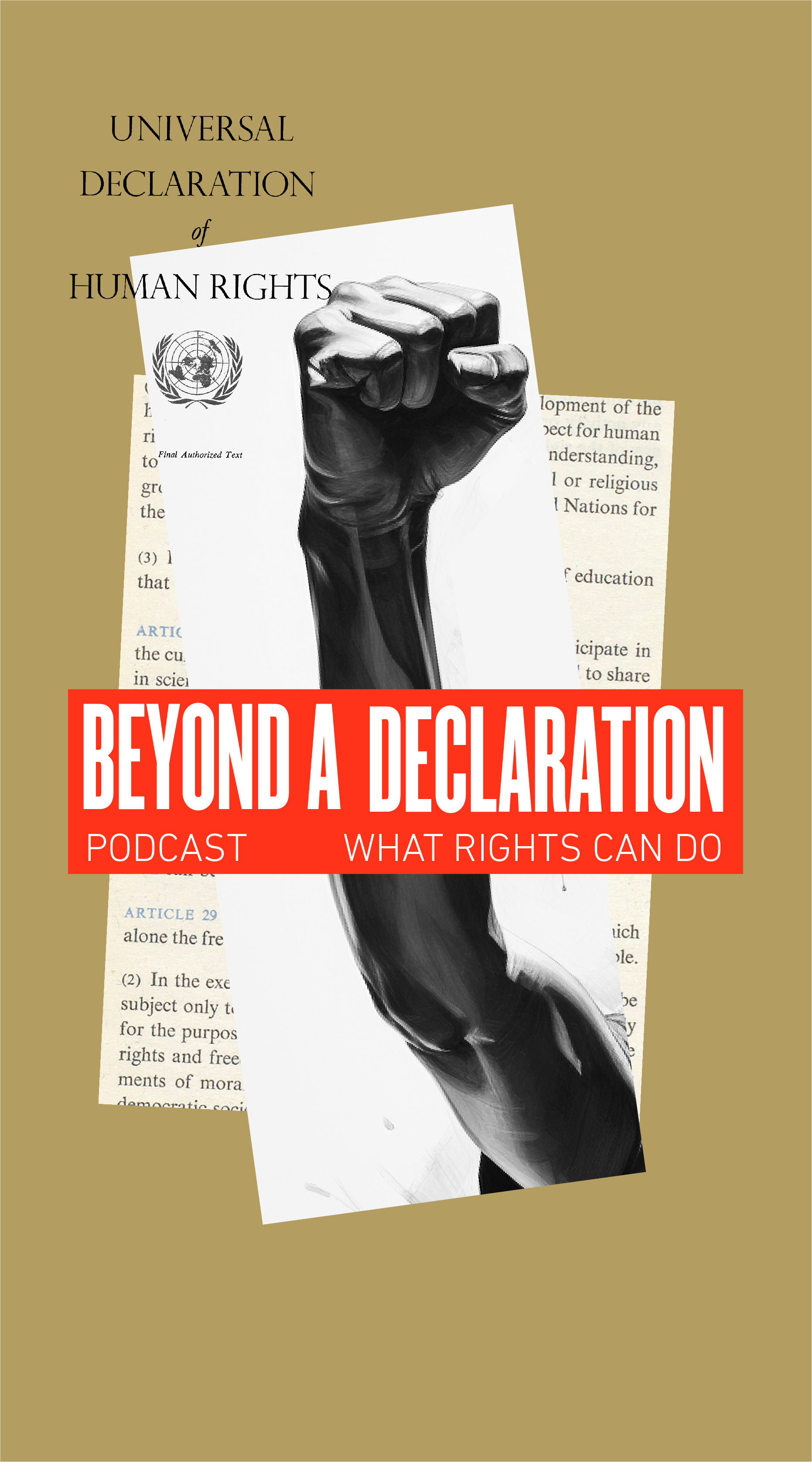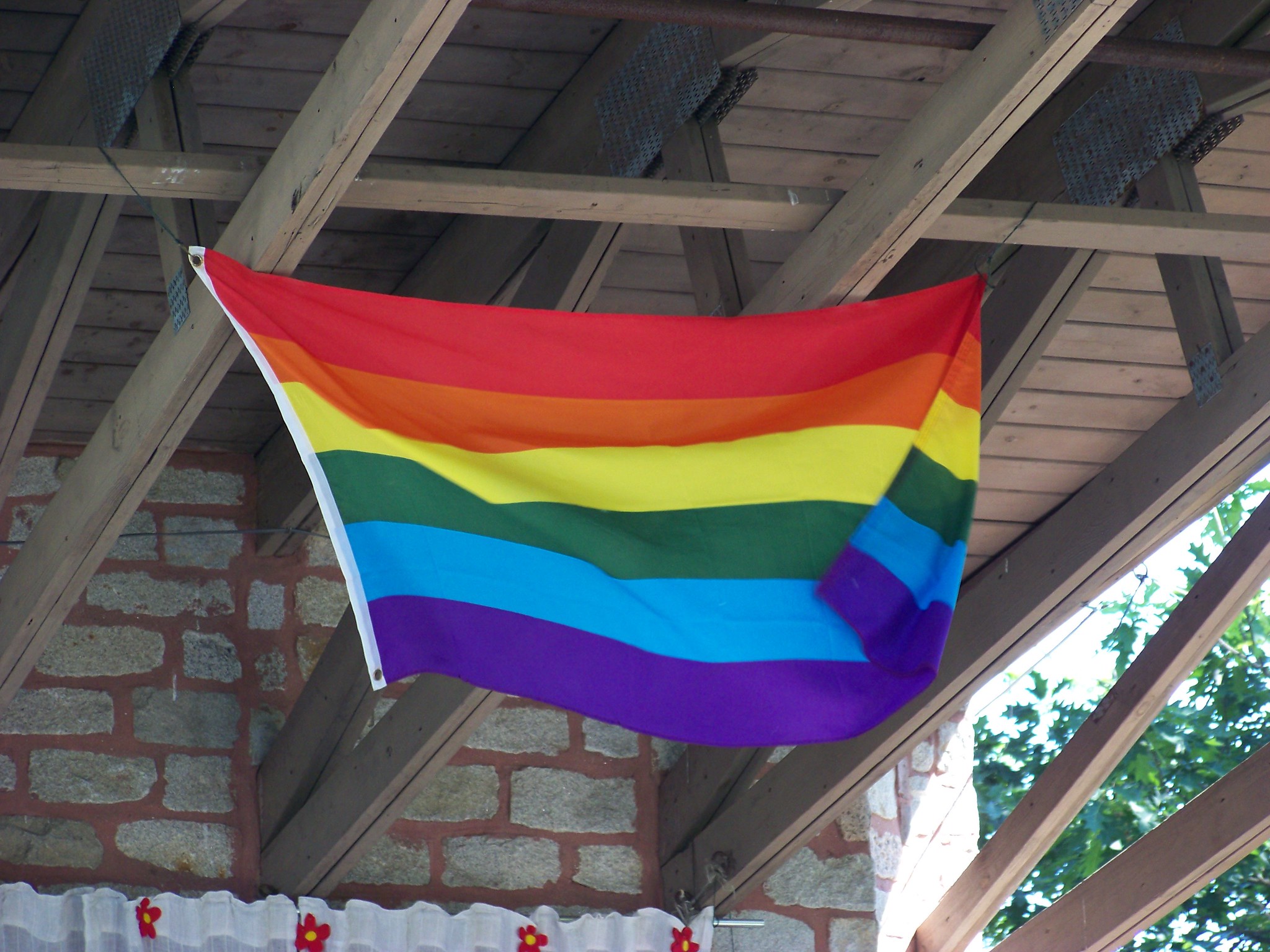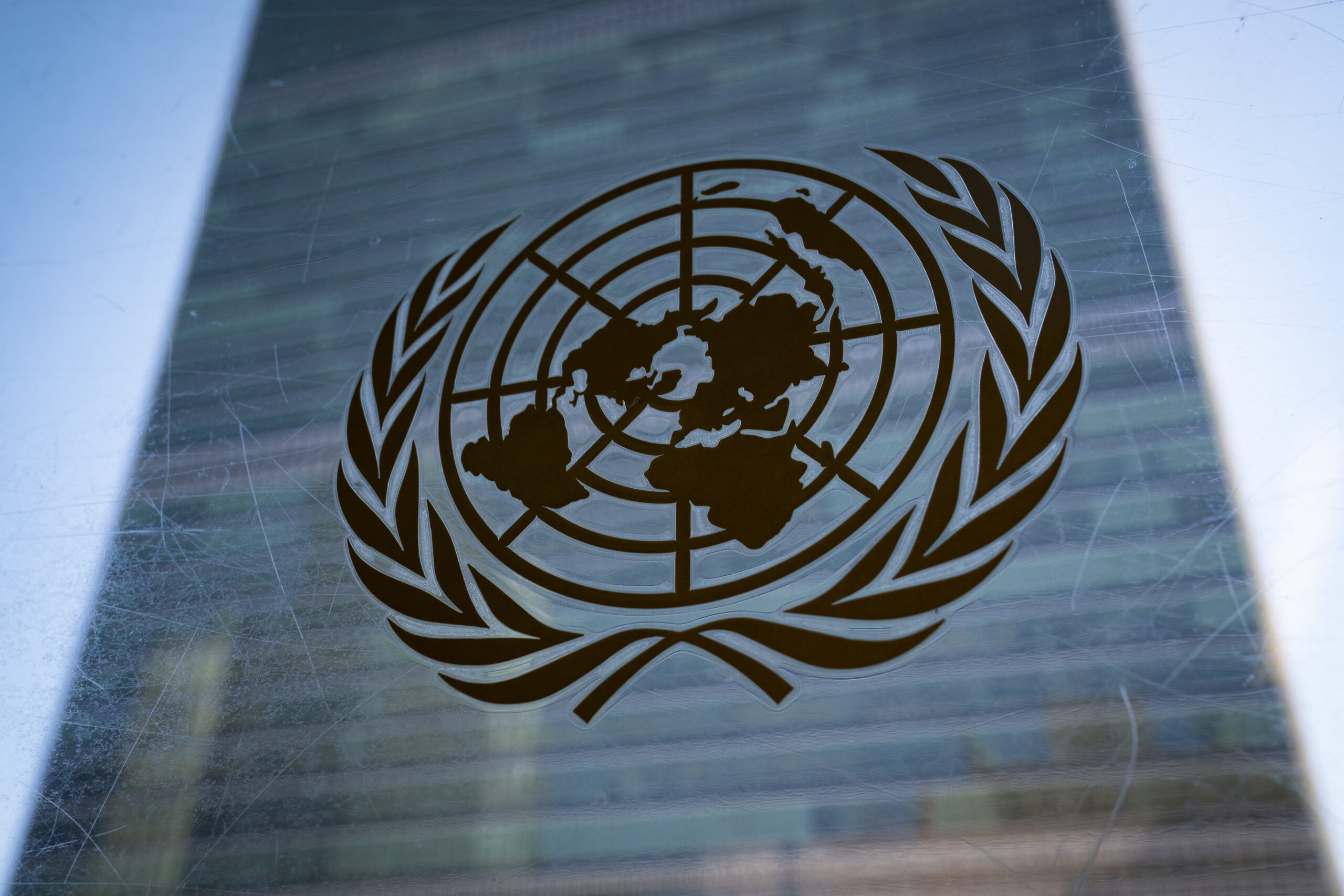Executive Summary
There is no doubt that the world finds itself mired in an intensifying and multifaceted crisis situation (Brand 2009). While some in the rich industrialized nations — primarily men — accumulate more and more wealth, hundreds of millions of people go hungry, particularly in the Global South, with poverty preventing them from being able to meet their basic needs (Oxfam 2022, 16; Welthungerhilfe 2022). Climate change continues to advance at a rapid pace, and its negative repercussions for both people and nature are becoming more apparent. It is predominantly the inhabitants of the Global South who increasingly experience the effects of climate change. Heatwaves, droughts, shortages of drinking water, and the destruction of natural resources in these countries are occurring with greater and greater frequency (IPBES 2019, 10–). Global inequality is becoming ever more stark and is perpetually being reproduced. In a globalized world, the way that societies, politics, and economies are organized in wealthy countries is inseparably linked with the social and economic relations that exist in other parts of the world. The wealth of the countries of the Global North is only made possible through the structural disadvantaging of the countries of the Global South. Stephan Lessenich speaks of this in terms of “externalizing societies”, wherein the costs that enable the lifestyles enjoyed by those in countries of the Global North are borne by the countries of the Global South (Lessenich 2016). This is facilitated by global power relations that are institutionally structured to the detriment of the Global South. These global power relations are the foundation of the multifaceted crisis that the world faces. These unjust and destructive structures can be changed, however. On this subject, Ulrich Brand has written that “crises always manifest in open-ended situations in which apparent certainties and political, economic, cultural, and socio-ecological power relations can be called into question” (Brand 2009, 10).
In order to create a more just world order, it is thus essential to challenge and attempt to change these power relations. Since its founding in 1945, the United Nations (UN) has continuously sought to challenge existing power relations — playing a large role in facilitating the process of decolonization, for instance. The development and formulation of fundamental human rights has also taken place within forums provided by the UN. Following a brief outline of a theoretical framework, this study goes on to categorize previous progressive policy approaches and their significance in relation to both the Global South and the UN. Based on this historical overview, it then proposes potential starting points for sustainable and future-oriented policies that could be enacted through the UN. Given the current global political situation, one shaped by instability and struggles for power, organizations such as the UN that function on a global level are particularly vital. Because the UN is structured as an intergovernmental organization intended to foster harmony between countries and dedicated to establishing a just global economic order, it can thus help contribute to the goal of providing better living conditions for the entirety of the global population. The study’s appendix therefore provides an appraisal of some of the UN’s specialized agencies concerning their respective progressiveness. Throughout the study, perspectives from the countries of the Global South are utilized in order to understand their respective positions and approaches. This study seeks to provide impetus to a broad international discourse in aid of a future in which the world is shaped by principles of peace and justice.



